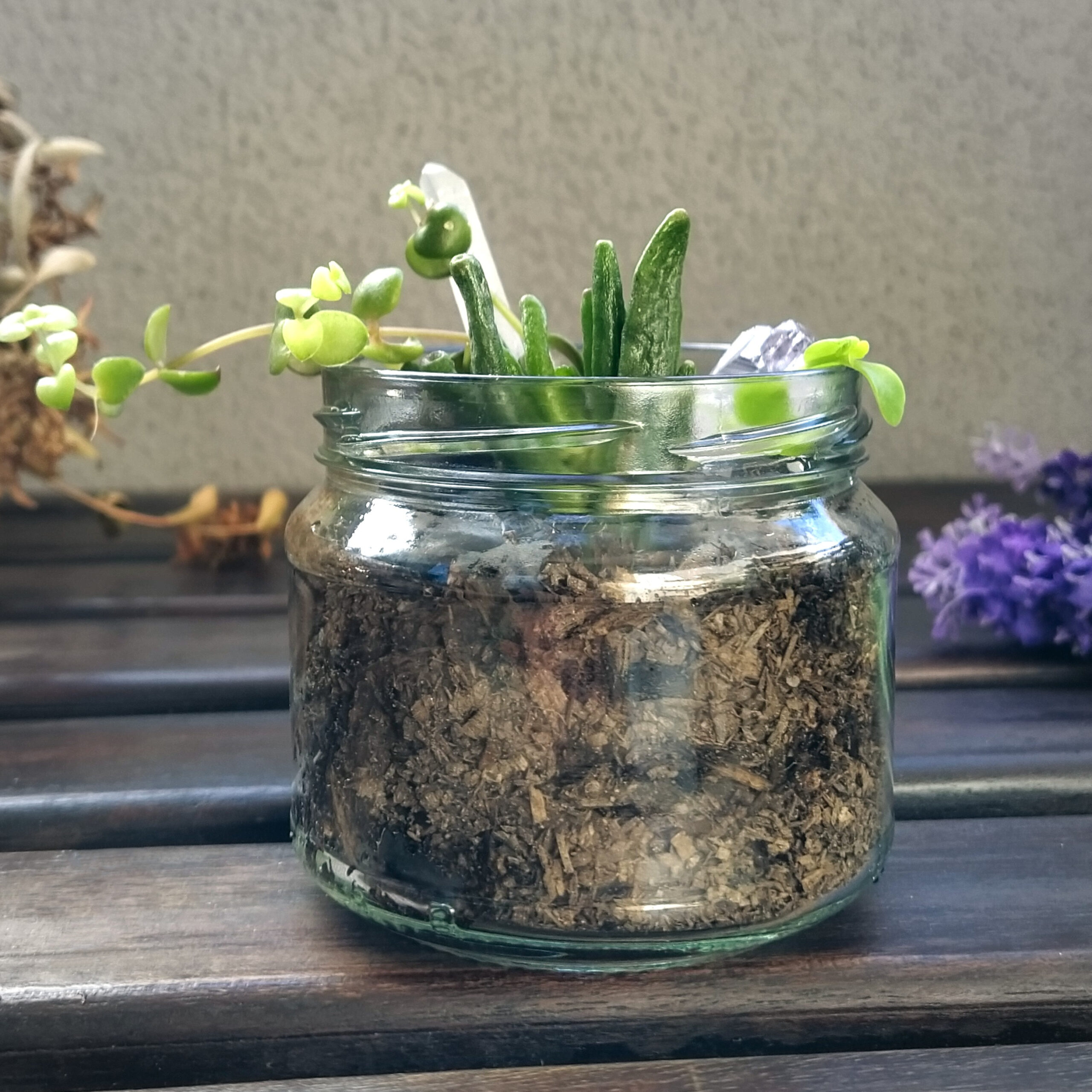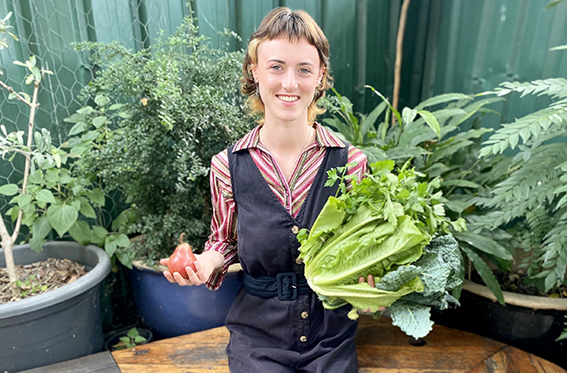An Interview with team member Carina Fisk Charlton
 I became a member at Alfalfa House when I was working at an organic wholesaler that supplies food to shops and co-ops across Australia. Being passionate about shopping waste-free and I found I could get everything I needed at Alfalfa. I spent a few years volunteering and became a paid staff member in February last year.
I became a member at Alfalfa House when I was working at an organic wholesaler that supplies food to shops and co-ops across Australia. Being passionate about shopping waste-free and I found I could get everything I needed at Alfalfa. I spent a few years volunteering and became a paid staff member in February last year.
Alfalfa prides itself on its ethics. How does this determine what we choose to sell?
There is a process when it comes to stocking new products at Alfalfa House, and each product must fit certain criteria that embody the term ‘ethical food’. We focus on local, farmer direct, organic, Australian, bulk and plastic-free, or low impact packaging, and we don’t stock items that don’t meet one or more of these standards.
What does farmer-direct mean and how does this work in practice at the co-op?
Farmer-direct means we have a working relationship with the people who grow our food. This works exceptionally well in our co-op, as members love knowing who grew what and exactly where it came from, even down to when it was picked. We pride ourselves on having this knowledge, and it wouldn’t be possible without these farmer-direct relationships.
How is this helping our planet?
When there is a straight line from us to the people growing our food, the profits of the produce go directly to the farm. This can be really empowering for our farmers and encourages them and others to continue to grow food in a more sustainable way.
What kind of products are unique to Alfalfa?
We have a unique range of bulk items. I haven’t been to any other grocery store in the Inner West that sells bulk milk, tofu, cheese and butter. Even things like body lotion, face cream and cleansers are impossible to get packaging-free, so it’s really exciting to have access to all of these products.
We also have a huge range of plastic-free items like tempeh wrapped in banana leaves, vegan cheese and potato crisps in compostable packaging. There’s just nowhere else where you can get all of these products under one roof.
Any thoughts on supermarkets that sell plastic covered bananas or oranges?
This is my biggest, pet peeve! We don’t sell any produce in plastic at Alfalfa House, and it’s not a great challenge for us, so I don’t see why supermarkets can’t do this too.
What are your future hopes for Alfalfa House and other co-ops, globally?
I hope Alfalfa House can expand, attracting more and more members and shoppers, and thereby gain greater buying power, and build and strengthen our relationships with local growers. I hope one day we will live in a world where a food co-op is your regular grocery store.
** Carina recently returned to her role as Merchandise Co-ordinator, after a 6-month stint as Co-Manager.







